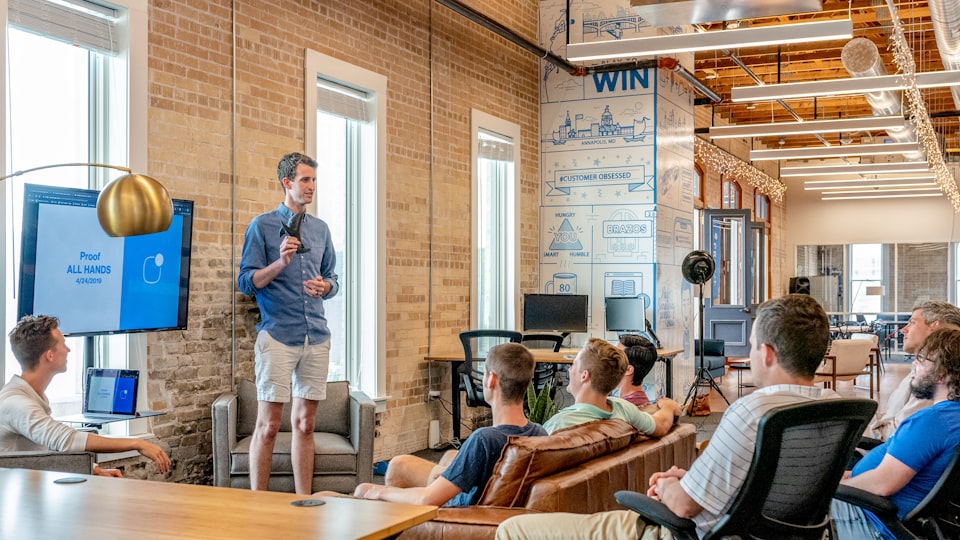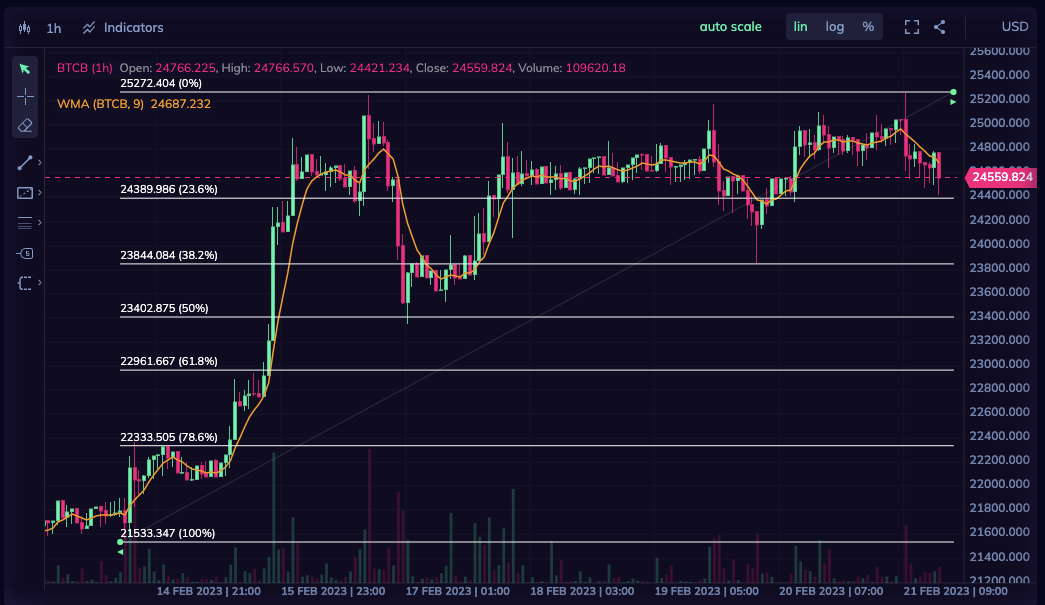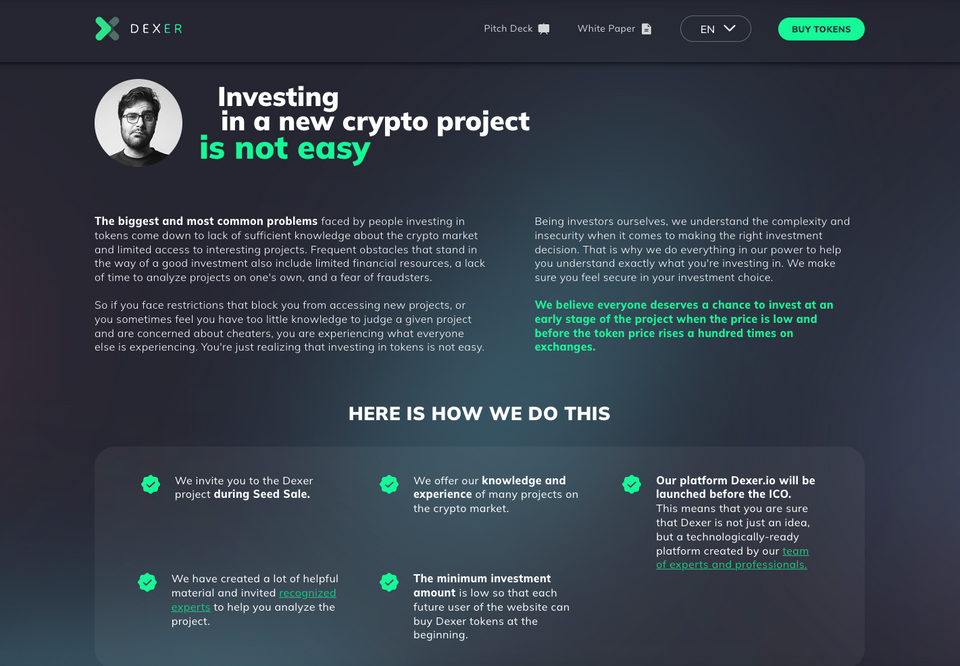What is a Decentralized Autonomous Organization (DAO)?
A DAO is a type of organization that is built on a blockchain network and operates using smart contracts. It is designed to be decentralized, meaning that it is not controlled by a single entity or organization.

A Decentralized Autonomous Organization, or DAO, is a relatively new type of organization that operates on a blockchain network. Unlike traditional organizations, DAOs are decentralized and operate using smart contracts, which are self-executing contracts that are programmed with the terms of the agreement between buyer and seller.
In this article, we will explore what DAOs are, how they work, and their potential benefits and drawbacks.
What is a DAO?
A DAO is a type of organization that is built on a blockchain network and operates using smart contracts. It is designed to be decentralized, meaning that it is not controlled by a single entity or organization. Instead, it is governed by a set of rules that are stored on the blockchain and are executed automatically when certain conditions are met.
DAOs are designed to be open-source, meaning that the code is available for anyone to review and modify. They are also designed to be transparent, secure, and resistant to censorship.
How do DAOs work?
DAOs operate on a blockchain network, which is a distributed ledger that records transactions across multiple computers. This ledger is maintained by a network of validators who verify transactions and add them to the blockchain.
Because the network is decentralized, there is no central point of failure. This means that DAOs are highly resistant to censorship, hacking, and other types of attacks.
DAOs also use smart contracts, which are self-executing contracts that are programmed with the terms of the agreement between buyer and seller. These contracts are stored on the blockchain and automatically execute when certain conditions are met.
What are the TOP 4 benefits of DAOs?
DAOs offer several potential benefits over traditional organizations. These include:
- Decentralization: DAOs are not controlled by a single entity, which makes them transparent, secure, and resistant to censorship.
- Transparency: Because the code is open-source, anyone can review and modify it. This makes DAOs more transparent and trustworthy.
- Security: Because the network is decentralized, there is no central point of failure. This makes DAOs more secure and resistant to attacks.
- Efficiency: Because DAOs operate on a blockchain network, they can process transactions more quickly and at a lower cost than traditional organizations.
What are the drawbacks of DAOs?
Despite their potential benefits, DAOs also have some drawbacks. These include:
- Complexity: Because DAOs operate on a blockchain network, they can be more complex to develop and use than traditional organizations.
- Adoption: Because DAOs are a relatively new technology, they may be less widely adopted than traditional organizations.
- Governance: Because DAOs are decentralized, it may be more difficult to govern them effectively and make decisions that are in the best interest of all members.
Conclusion
DAOs are a new type of organization that operates on a decentralized network of computers. They offer several potential benefits over traditional organizations, including decentralization, transparency, security, and efficiency. However, they also have some drawbacks, including complexity, adoption, and governance. As with any technology, it's important to understand the potential benefits and drawbacks of DAOs before investing time or resources into them.




